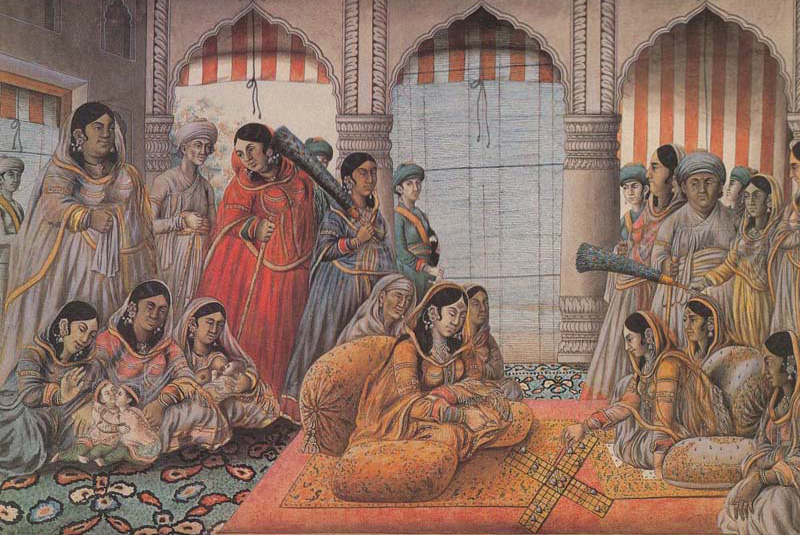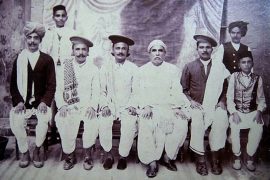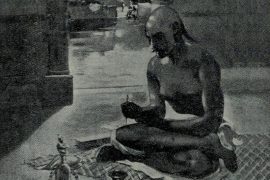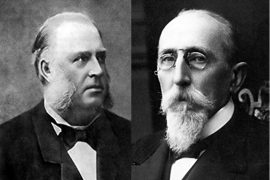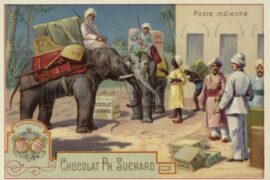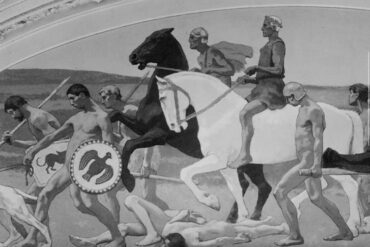On August 29, 1891, Alfred Collier applied for a patent in England, claiming that a board game, which he named Royal Ludo, was his invention. The Patent with the number 14636, approved after a few months, on October 31, 1891, granted him full commercial rights and barred others from replicating the game. Since then, ‘Collier Ludo boards’ and its ‘rules leaflet’ were sold across the world with the patent number inscribed on them.
But centuries before Alfred Collier applied for a patent in England, the Mughal emperor Akbar used to play a very similar game, known as Pachisi, in his courts and palaces at Agra and Fatehpur Sikri. The French author M L Rousselet, in his book India and its Native Princes, describes how Akbar used to play this game:
The game of Pachisi was played by Akbar in a truly regal manner. The Court itself, divided into red and white squares, being the board, and an enormous stone raised on four feet, representing the central point. It was here that Akbar and his courtiers played this game; sixteen young slaves from the harem wearing the players’ colours, represented the pieces, and moved to the squares according to the throw of the dice. It is said that the Emperor took such a fancy to playing the game on this grand scale that he had a court for pachisi constructed in all his palaces, and traces of such are still visible at Agra and Allahabad.
-30-
Copyright©Madras Courier, All Rights Reserved. You may share using our article tools. Please don't cut articles from madrascourier.com and redistribute by email, post to the web, mobile phone or social media.Please send in your feed back and comments to [email protected]

